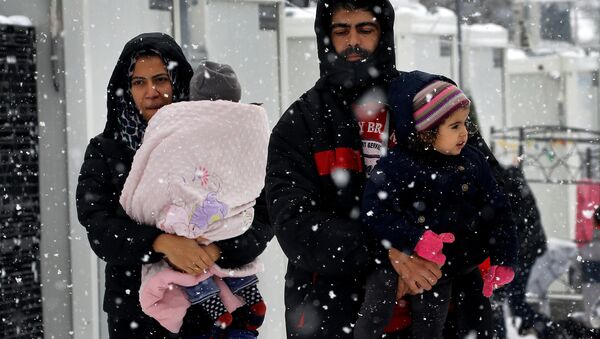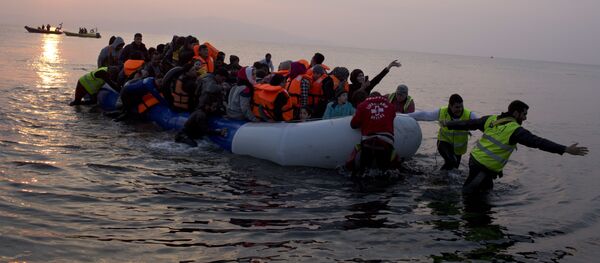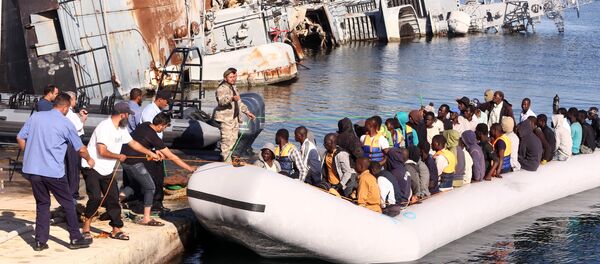Greece is one of the European countries, which is hosting hundreds of thousands of migrants. There are about 15 – 20,000 Afghans amongst them.
Reza Gholami, one of the Afghan refugees living in Greece, spoke with Sputnik Afghanistan about the problems that 90% of his compatriots encounter in Greece.
According to Gholami some of the most important problems faced by refugees are issues of housing, documents and employment.
"The first problem we face is the search for housing. If the state does not help, the refugees will not even be able to rent housing; because for this you need a lot of documents. Another serious problem is unemployment. It is known that in Greece there is a tough economic crisis, and the government of this country does not have budget funds to help the refugees,” Gholami said.
“But even when he gets refugee status, he still cannot find a job, because there are no jobs in the labor market, and the state cannot help,” he added.
Another difficulty is the problem with the documents. Many refugees want to go to other countries, but without documents they cannot ask for asylum in some other European country.
According to Gholami, many Afghans are separated from their families, which is also a big problem, because "many people are waiting for their loved ones in other European countries, and years pass before they are reunited."
Among the benefits for refugees in Greece, Gholami named free education and free medical care. He also said that for children and adolescents it is easier because of their young age they have no restrictions, and they can be enrolled in schools without knowledge of the language.
According to Gholami many Afghans, due to the lack of work want to leave Greece, some even decide to go back to Afghanistan.
The International Refugee Organization helps those people to return to their homeland. Each refugee is given 500 to 1,500 euros as assistance to start a new life in their own country.
A recent statistical survey byEurostat, calculated the poverty level in each of the 28 EU countries. The level was determined by calculating the incomes of residents whose wages were less than 60% of the national average after tax. On average in Europe, this figure was at 23.4%.
According to the research, the worst situation is in Bulgaria where 40.4% of the population lives below the poverty line. Second place was occupied by Romania with 38.8% of the population living under difficult circumstances, followed by Greece with 35.6% living in poverty.
The European Border and Coast Guard Agency (Frontex) recorded as many as 13,500 people illegally crossing the border into Europe in November.
"In November, 13,500 irregular border crossings were detected on the four main migratory routes into the EU, 27% less than a year ago. The total number of migrants detected on these routes in the first eleven months of this year fell by 62% to around 186,500 from the same period in 2016," Frontex said in a press release.
Europe is facing the worst migrant’s crisis over the past few years as hundreds of thousands of refugees fled war and hostilities in the Middle East and North Africa.




